SUMMARY
This is AI generated summarization, which may have errors. For context, always refer to the full article.
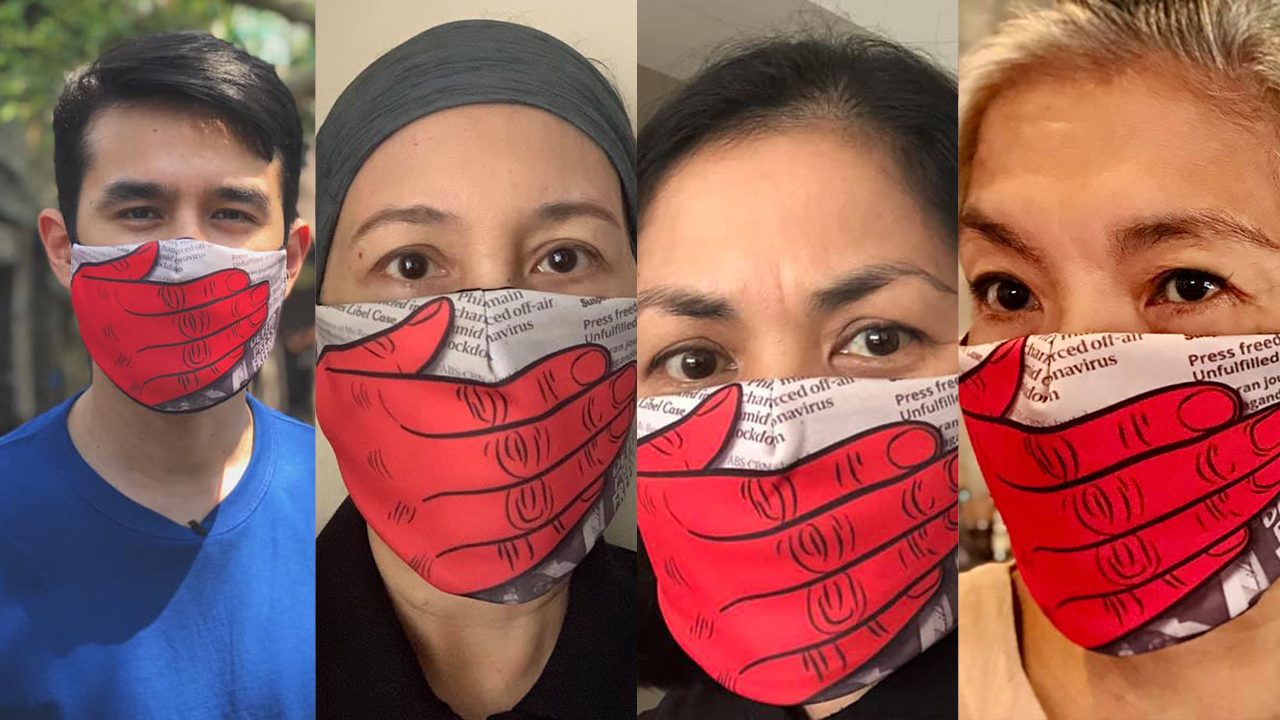
On the 48th anniversary of Ferdinand Marcos’ declaration of Martial Law, journalists, artists, and activists reminded the public why press freedom affects all people on a personal level.
On their social media accounts, they posted photos of themselves wearing a face mask depicting a hand covering a broadsheet. The face masks were distributed by the National Union of Journalists in the Philippines (NUJP).
For ABS-CBN journalist Rowena Paraan, stories from Martial Law are more than just tidbits from history.
“[Ang] totoo, nangyayari pa rin ang panunupil at pagkitil sa mga karapatan. Kapag tinatanggal ang kalayaan mong magpahayag ng saloobin at malaman ang mga nangyayari sa pamamagitan ng pananakot sa mga mamamahayag, at pagsampa ng kaso o paggamit sa Konggreso para isara ang isang broadcast network, hindi kailangan magkaroon ng pormal na deklarasyon para maramdaman ang hagupit ng martial law,” Paraan said.
(Repression and human rights abuses still happen today. When people are deprived of their right to express their sentiments and their right to truth by suppressing press freedom or using Congress to shut down a broadcast network, you don’t need a formal declaration to feel the impact of martial law.)
Earlier in July, Congress denied the franchise of the Philippines’ largest broadcasting network ABS-CBN, altering the Philippine television media landscape and forcing the company to lay off employees amid the pandemic.
International groups, local institutions, and various human rights defenders have also been calling for an independent probe over the supposed widespread human rights abuses that are being committed under the Duterte administration.
This parallelism between Martial Law and the present was echoed by Rappler’s managing editor Glenda Gloria when she shared her photo wearing the NUJP mask. In her caption, she said, “That Filipinos need reminding 48 years after is proof of how the world has turned upside down.”
Sharing what she remembered from Martial Law as a grade schooler, journalist Inday Espina-Varona said that “without free expression, there can be no defense of rights.”
The face mask posts are part of NUJP’s Masked Media campaign, which aims to support and defend the nation’s pursuit of truth. Proceeds from face mask sales will help fund the legal defense for Filipino journalists facing cyber libel complaints and other cases.
The attacks against the free press through human rights abuses and disinformation inspired the organization to launch the campaign.
“Today, we honor [the alternative media of the time]. And as we do so, we honor the people whose thirst for the truth they served and who, in turn, helped protect them; the people who would, in the end, rise up and throw off the shackles of tyranny,” NUJP said in its statement.
The NUJP officially announced the Masked Media campaign on Monday, September 21 in a Martial Law commemoration program at the Bantayog ng mga Bayani.
Here are other journalists and activists who took part in the Masked Media campaign:
If you want to support the Masked Media campaign, you may purchase the face masks on Lazada and Shopee. – Rappler.com
Add a comment
How does this make you feel?
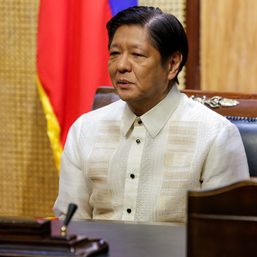



![[In This Economy] Small wins matter in the fight against Martial Law denialism](https://www.rappler.com/tachyon/2024/02/fight-against-martial-law-denialism-February-23-2024.jpg?resize=257%2C257&crop=225px%2C0px%2C720px%2C720px)
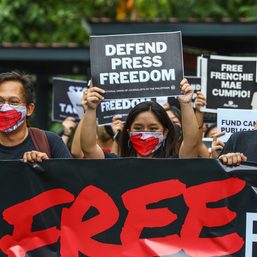
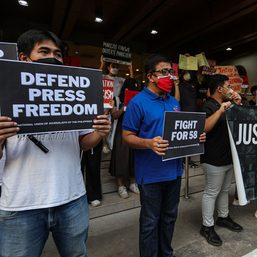
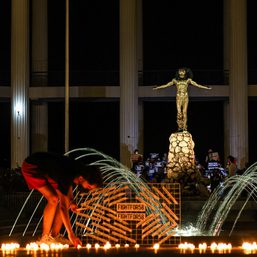
![[WATCH] In The Public Square with John Nery: The killing of Percy Lapid and the Palace purge](https://www.rappler.com/tachyon/2022/10/percy2In-the-Public-Square-LS-SQ.jpeg?resize=257%2C257&crop=406px%2C0px%2C1080px%2C1080px)
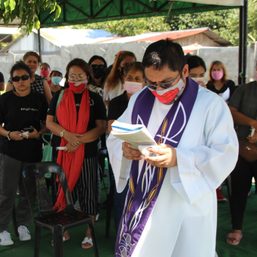

![[Newsstand] The media is not the press](https://www.rappler.com/tachyon/2024/04/tl-media-is-not-the-press-04132024.jpg?resize=257%2C257&crop=281px%2C0px%2C720px%2C720px)
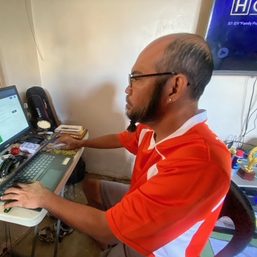

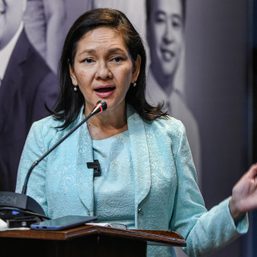
There are no comments yet. Add your comment to start the conversation.